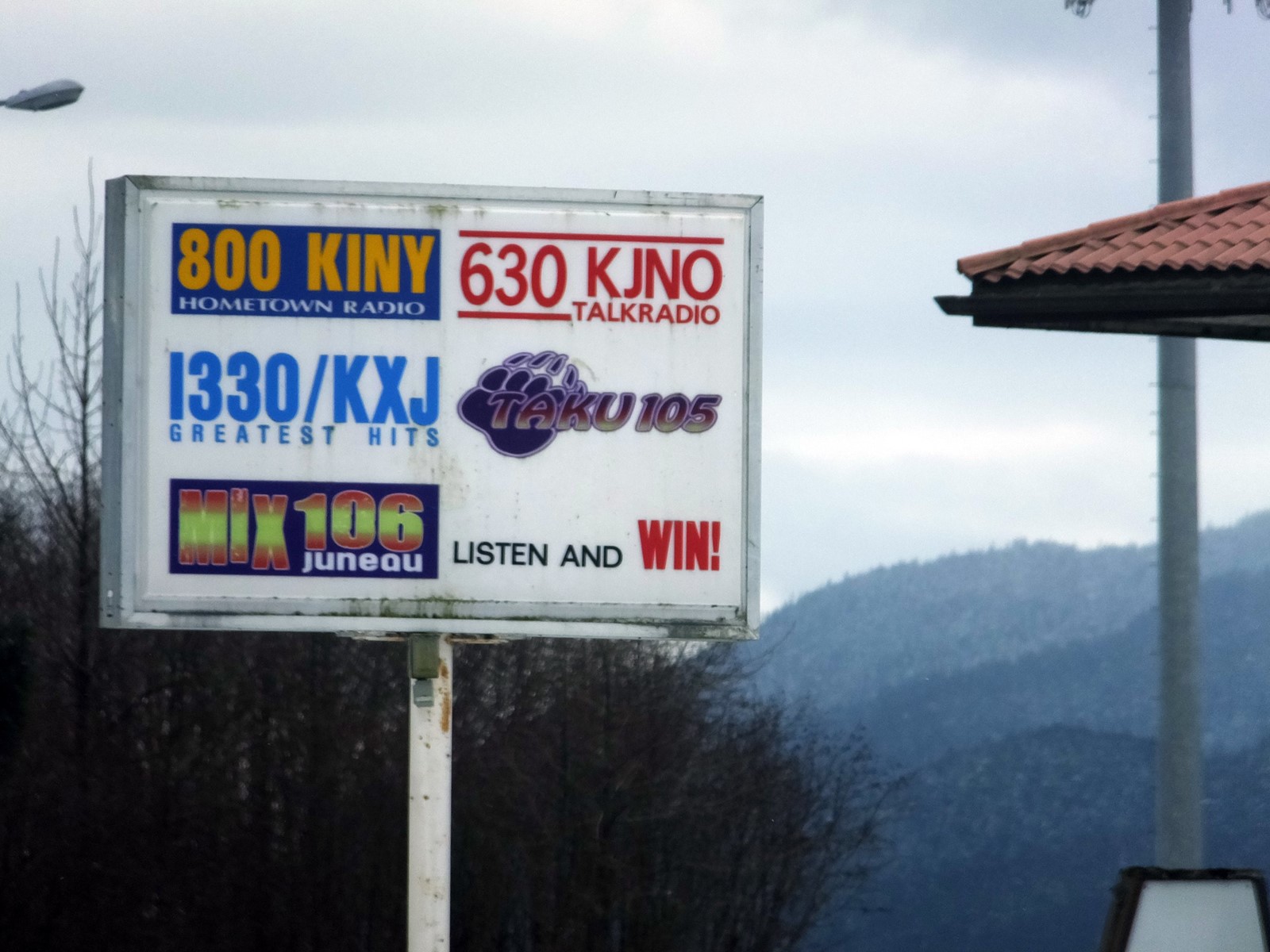Business briefing
Court rules art on clothes copyrightable

The Supreme Court on Wednesday sided with the leading maker of cheerleading uniforms in a copyright dispute with a smaller rival, ruling that uniform designs can be protected under copyright law.
The justices ruled 6-2 Wednesday to uphold a lower court ruling in favor of Varsity Brands in its copyright infringement lawsuit against Star Athletica. Varsity sued its competitor based on Star's 2010 catalog that used stripes, chevrons and other designs that Varsity claimed as its own.
In his majority opinion, Justice Clarence Thomas said artistic features on clothing deserve protection under copyright law if they can be separated from the article of clothing and would qualify for protection on their own.
The ruling is a win for fashion designers that want to enforce copyrights on the art used on clothing, handbags, home furnishings and other products.
Star argued that the designs on cheerleading uniforms can't be separated from the uniforms themselves, and that if Varsity has its way, it would have a monopoly on the uniforms.
Justice Stephen Breyer dissented, joined by Justice Anthony Kennedy, saying the design features at issue can't exist independently from the article of clothing.
An Australian couple with roots in Alaska has bought more than two dozen radio stations in three states, marking the first time federal regulators have allowed full foreign ownership of U.S. radio stations.
The Federal Communications Commission recently approved a request by Richard and Sharon Burns through their company Frontier Media to increase their interest in 29 radio stations in Alaska, Texas and Arkansas from 20 to 100 percent.
The agency had limited foreign ownership under a 1930s law that hearkened to war-time propaganda fears. But in 2013, it acknowledged a willingness to ease up after broadcasters complained the rules were too restrictive of outside investment.
A bird flu outbreak that has led officials to euthanize more than 200,000 animals in three Southern states already is the nation's worst since 2015 and new cases are still popping up, an expert said Wednesday.
Agriculture officials are trying to limit the damage, but it's unclear whether quarantines, transportation bans and mass killings will stop the spread, said Joseph Hess, a poultry science professor at Auburn University.
The disease was first confirmed in southern Tennessee earlier this month and has since been detected in northern Alabama and western Kentucky.
State officials say no infected birds have entered the food chain.
THE BOTTOM LINE


 PREVIOUS ARTICLE
PREVIOUS ARTICLE
